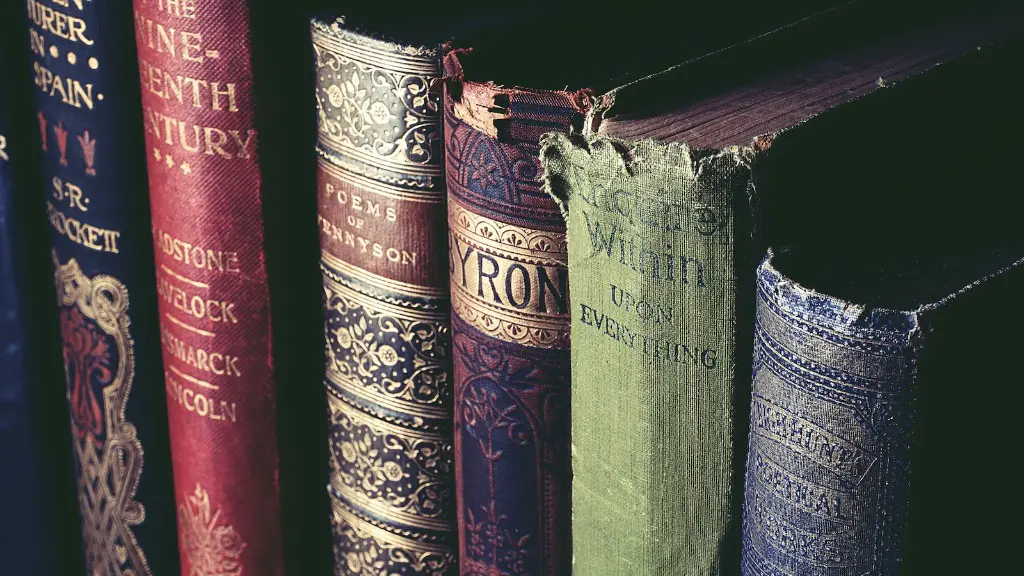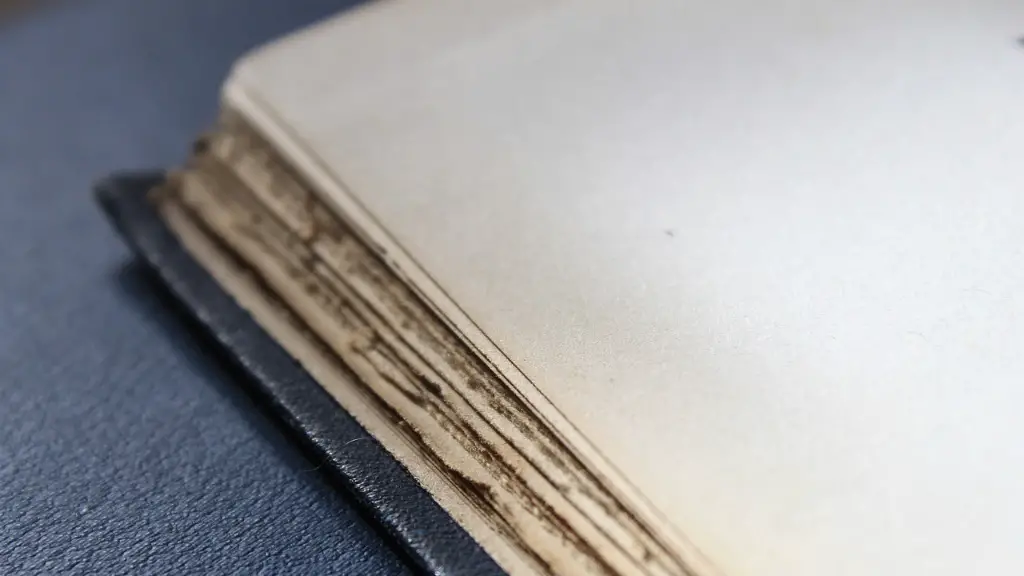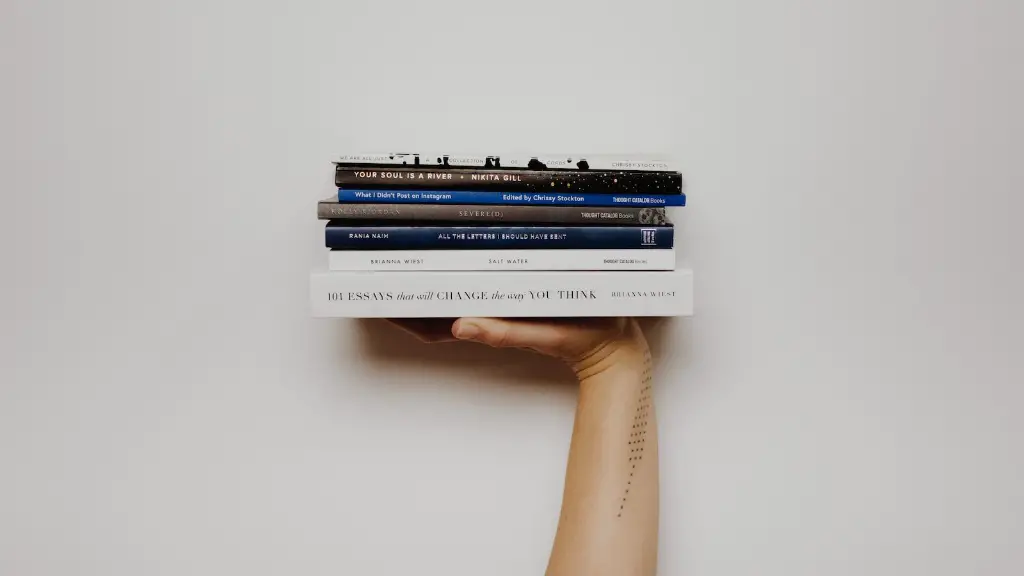Introduction
Reading poetry can be a daunting task for some, but it doesn’t have to be! With a little dedication and practice, learning to read poetry books for pleasure becomes a rewarding activity. Poetry by its very nature appeals to the emotions, the senses and the imaginations. It can be very powerful in its effect and can have a great importance in a person’s perspective on life and the world. In order to enjoy the beauty of poetry, and tap into the deeper meanings contained within it, one must understand how to read poetry books properly.
Starting Out
Getting started can be intimidating and it’s important to remember to take one’s time and read slowly and carefully at first. Starting out, it is important to read with an open mind, noticing any feelings, emotions or ideas that come up while reading and jotting them down. It is also important that one avoids getting stuck on the meanings of individual words and focus on the overall sentiment or feeling of the poem as a whole. It is advised to use any available resources when starting out; such as looking up the definition of words, translating phrases and reading articles about the author or any other relevant information about the poem.
Interpreting Poetry
Interpreting a poem is never quite the same, as interpretation depends on the viewpoint of the reader. While reading, taking note of the imagery, sound, and grammar of the poem can help in gaining a better understanding of the deeper meanings it contains. Imagery allows the reader to start visualizing what the author is trying to tell them and often the main ideas are hidden in the images presented. The sound in a poem, such as the rhyme, alliteration and rhythm, also influence its interpretation and often create the musical atmosphere in the poem. Grammar and punctuation can also astoundingly influence the poem and in turn, the interpretation of it.
Reading Poetry Books Multiple Times
Reading a poem multiple times and from different important perspectives can open up new understanding and revelation, so it is worth revisiting a poem. Going back to the basic understanding of the poem allows us to peel back the layers and discover new levels of meaning. Re-reading a poem also allows us to find more imagery and further analyze the author’s choice of words and grammar. Additionally, by reading a poem out loud, one can uncover more expression that is hidden within. Reading poems out loud can give new life to them, while at the same time also offering a different understanding.
Different Poetry Genres
Poetry comes in many different genres, depending on the poet’s personality and purpose. The two most common types of poetry are lyrical and narrative. Lyrical poetry is expression and conveys mood, emotion, rather than telling a story. Narrative poetry, on the other hand, tells a story and focuses more on plot and characterization. Beyond those two main genres, there are several other varieties of poetry, such as free verse, haiku, ballad, and sonnet.
The Poetry Experience
It is important to embrace the experience of reading poetry, getting lost in the words and the beauty of the language. The language of poetry often has multiple layers and complexities, which one can feel and experience with a close reading of the poem. Spending time exploring the poem through writing out different interpretations can provide a great deal of insight that can be a rewarding experience. Additionally, reading other people’s critiques and opinions on a poem can further broaden understanding and insight.
Analyzing A Poem’s Structure
One of the most important aspects of reading poetry books is to analyze the structure of a poem. Looking at a poem’s structure can provide insight into its deeper meanings. Understanding the structure of a poem can provide the reader with a platform to view each element of the poem. Even when some poems lack a traditional structure, one can still analyze its structure by looking at the clusters of words, rhymes and sounds that the poet has used.
Conclusion
While reading poetry books may at first seem intimidating and overwhelming, taking one’s time and understanding the basics of how to read poetry books can make the experience far more rewarding. By understanding the deeper meanings that poetry contains, one can enjoy fully the beauty and power of it.


